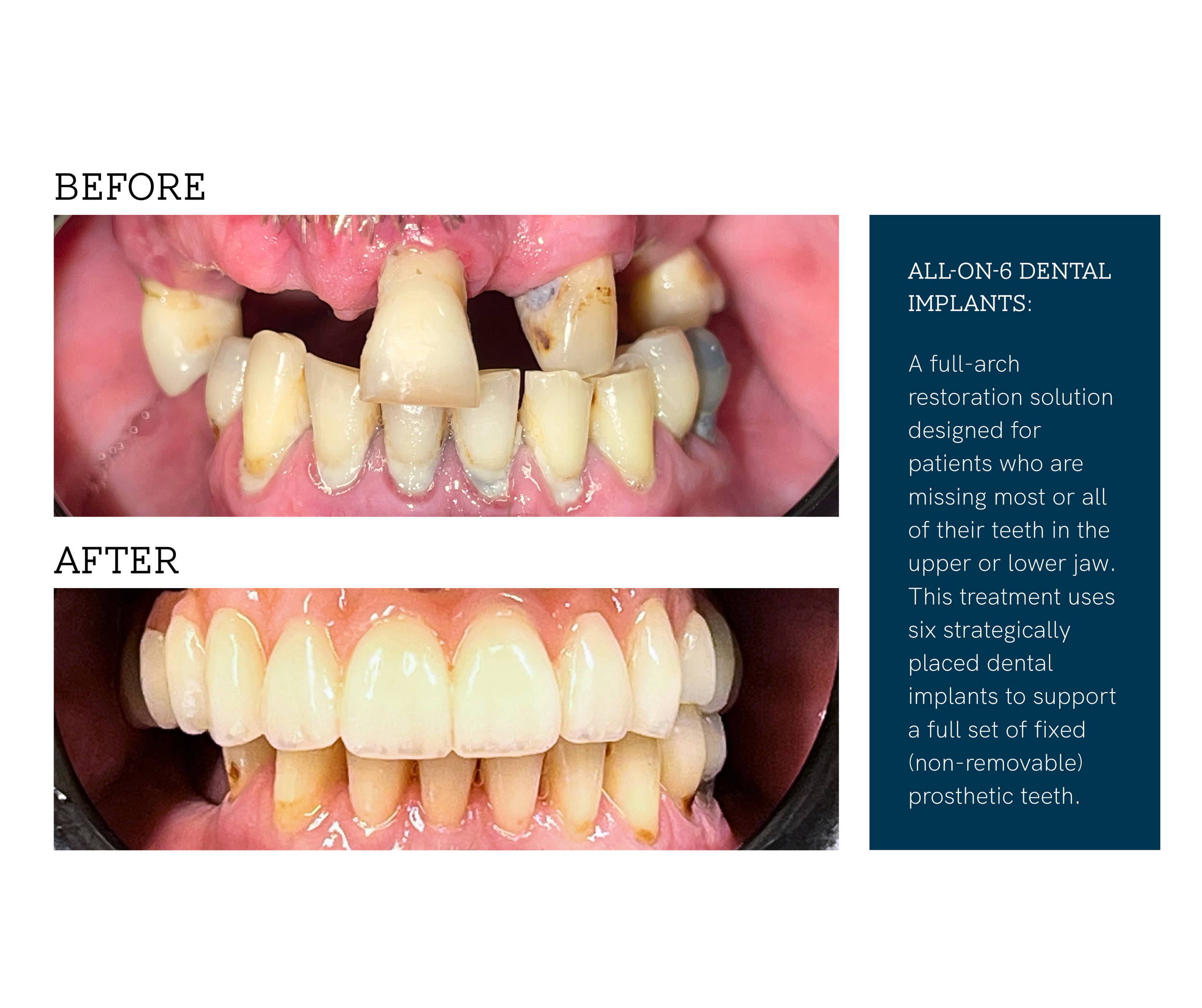“Turkey Teeth” vs UK Dentistry: What Makes Fixing Them So Difficult?
“Is it safe to get dental treatment in Turkey? What are the risks of getting Turkey teeth?
What should I consider before getting dental treatment abroad?”
Each year, we at The Lytham Dental Clinic receive many phone calls from patients who have been to Turkey or are considering going to Turkey. They have many questions such as; What if things go wrong? Would I need to travel back to Turkey with a tooth missing or with a crown that’s fallen off? As people are asking us these questions, we thought it would be a good idea to answer them in a non-biased way so that if you are considering going to Turkey, you know what to expect if things go wrong.
In recent years, travelling abroad for cosmetic dental work has become increasingly popular. Many patients choose destinations like Turkey, where they are offered full smile makeovers at significantly lower costs than in the UK. These transformations are often referred to as “Turkey Teeth” online - a term used to describe composite bonding, veneers, crowns or implants that dramatically alter the appearance of the teeth.
While many patients are happy with their results, some experience complications or require follow-up care once they return to the UK. When this happens, UK dentists may find it challenging to provide treatment. But why is this the case?
Why do UK dentists struggle working with “Turkey Teeth”?
Before, we answer this question we think it’s important for you to understand a little bit of background. Imagine, that you are a patient who is wanting to have a full set of implants, which in the UK are commonly called All-on-4s.
In England we have over 40 implant systems and many of these implant systems have different screw drivers and other tools that can only be used on that particular brand of implant. You’ll often find that local dentists work together and share tools if they haven’t got a particular one. This ensures that the patient can be seen and helped in a timely manner.
The difficulty starts to happen when a patient has been to Turkey and has got a problem with the implant that has been placed. Turkey doesn’t export all of their implant components (such as screw drivers) so even if you find an English Dentist to help, they might not be able to get the parts to solve your problem. Therefore, travelling back to Turkey could be a necessity.
One of the key challenges UK dentists face when treating patients who’ve had work done abroad is the variation in dental materials and clinical techniques. Turkey has their own brands of implants, and they don’t export them outside of the country. As well as the actual implant, different countries use different types of crowns, bonding agents, instruments or dental cement, which may not be compatible with materials commonly used in UK practices. Without knowing exactly what was used or how the treatment was performed, it can be difficult to plan safe, effective follow-up care.
Another common issue is the absence of detailed dental records. In the UK, dental practices maintain thorough documentation, including x-rays, treatment notes, and materials used. When treatment is carried out abroad, patients often return without full records, which means UK dentists may have limited information to work with.
To ensure safe treatment, UK dentists may need to carry out new diagnostic work (such as x-rays and assessments), which adds time and complexity.
In some cases, teeth are reduced or reshaped more extensively than would typically be done for cosmetic work in the UK. This may be suitable in some clinical contexts, but it can limit the treatment options available later on, especially if repair or replacement is needed.
UK dentists generally follow guidelines that prioritise minimal intervention and preserving as much of the natural tooth as possible.
In the UK, the process of getting dental implants generally takes between 6 to 12 months. This timeline includes a detailed consultation, advanced planning using digital imaging, and necessary preparation such as bone grafting or healing time after extractions. The extended duration ensures a carefully managed, safe, and successful outcome.
By comparison, some overseas clinics - particularly in countries like Turkey - promote much faster treatment timelines, with certain implant procedures reportedly completed in as little as one week. While this speed may appeal to some patients, it’s important to consider the potential trade-offs in terms of planning, follow-up care, and long-term success.
Patients considering cosmetic dental treatment abroad are encouraged to:
• Research the clinic, dentist, and materials used
• Ask for copies of x-rays, treatment plans, and records
• Understand both the benefits and the risks
• Consider having a consultation with a UK dentist beforehand
Being well-informed helps ensure continuity of care and can assist UK clinicians if follow-up treatment is needed later on.
If you would like to book an implant consultation, or want to talk to a member of our team about the full process of dental implant and what’s right for you -
Call us on 01253 489238


